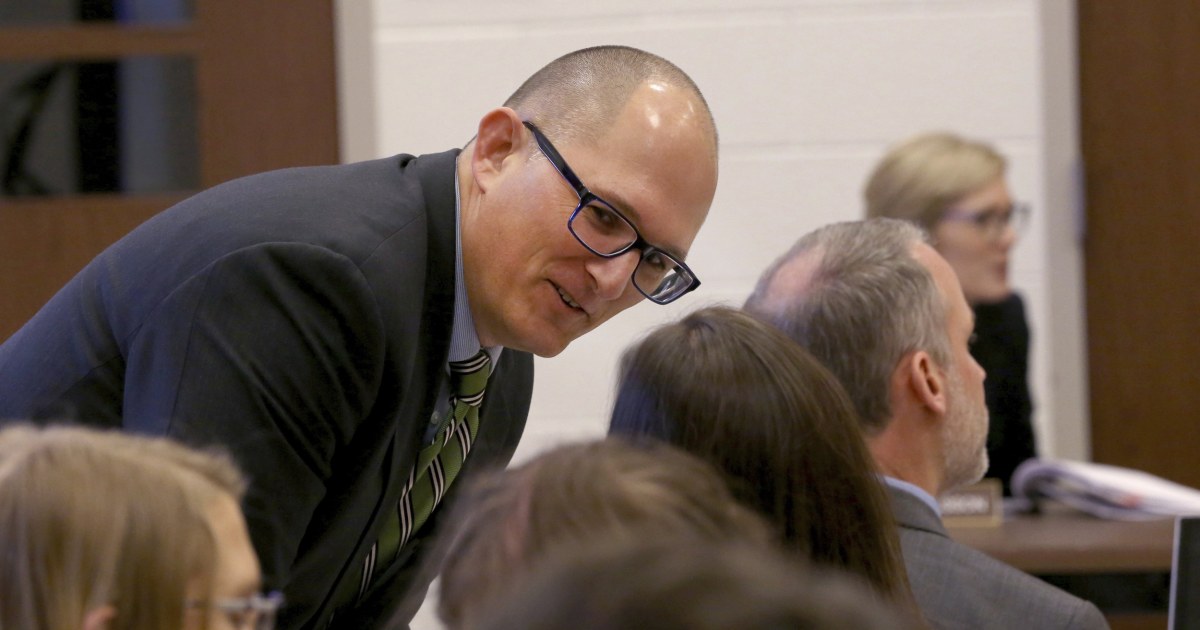crosswatt
Well-known member
Offline
A Virginia high school teacher who was fired for refusing to use a transgender student's preferred pronouns has filed a lawsuit against school officials and the board.
Peter Vlaming, who was a French teacher at West Point High School, said he was fired because he would not use pronouns such as "him" and "his" to refer to a female student who was transitioning to male.
According to the suit filed Monday in King William County, using the male pronouns would have "violated" Vlaming's "conscience" and went against his religious beliefs, so he called the student by his preferred name during class and avoided using pronouns altogether.

 www.nbcnews.com
www.nbcnews.com
Peter Vlaming, who was a French teacher at West Point High School, said he was fired because he would not use pronouns such as "him" and "his" to refer to a female student who was transitioning to male.
According to the suit filed Monday in King William County, using the male pronouns would have "violated" Vlaming's "conscience" and went against his religious beliefs, so he called the student by his preferred name during class and avoided using pronouns altogether.

Virginia teacher sues school after being fired for not using transgender student's pronouns
Peter Vlaming, who taught French, was fired from West Point High School in December 2018. He said using the preferred pronouns would violate his religious beliefs.

